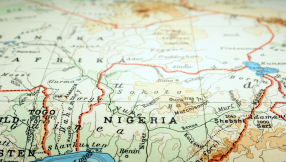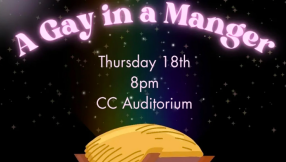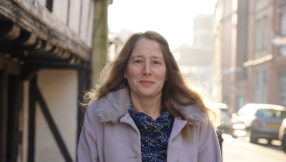
The Texas Board of Education, a group whose decisions can set the tone for school districts throughout the United States, heard testimony on Tuesday on a new set of school history and social studies textbooks that critics say advance Christian ideology.
The Republican-controlled 15-member body will be voting this week on whether to approve more than 100 books for use by students from elementary to high schools in the second-most populous US state. Once textbooks are approved by Texas, they often are marketed nationally.
"Texas is in a leadership position and at the moment, they are abusing that position," said Emile Lester, an associate professor of political science at the University of Mary Washington in Virginia, who wrote a critical review of some of the US history textbooks that may be approved.
Lester and others said the textbooks over-emphasised the role the biblical figure Moses and Judeo-Christian traditions played in the formation of the nations' founding documents such as the Constitution, while paying little attention to constitutional provisions on the separation of church and state.
Critics also said world geography textbooks downplay the role that armed conquest played in the spread of Christianity and made mistakes about fundamental points of other major religions.
The board, comprised of 10 Republicans and five Democrats, has asked publishers to make changes critics have demanded, including having language saying man-made activity is seen by scientists as a reason for climate change.
One conservative group called Truth in Texas Textbooks has asked for more language to be included in textbooks about the use of force in spreading Islam globally.
David Bradley, a conservative member of the State Board of Education, said there is grass roots support for many of the positions in the text books being faulted by liberal critics.
"At the end of the day, if both sides are unhappy, I think we've done the right thing," he said.
The state's more than 1,000 public school districts are permitted to order their own books and materials, but most follow the state-approved list.
(Reuters)













